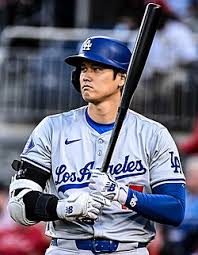
Introduction
The designated hitter (DH) position in baseball has been a topic of fervent debate since its introduction in the American League in 1973. Its role is significant as it allows teams to enhance their offensive strategy by using a specialized hitter in place of the pitcher while maintaining the pitcher’s position in the field. This innovation has transformed how games are played and has influenced player career longevity and team dynamics.
The Role and Functions of the Designated Hitter
In the traditional rules of baseball, pitchers are required to bat. However, the designated hitter rule enables teams to employ a substitute player whose sole responsibility is to bat for the pitcher, effectively boosting the offensive potential of the lineup. This is especially beneficial as pitchers are often not skilled hitters. Notably, the DH position allows power hitters, who may be more limited in fielding, to maximize their batting, providing teams with enhanced scoring opportunities.
Impact on Team Strategies
The utilization of the DH position has allowed American League teams to adopt different strategies compared to their National League counterparts, which do not utilize this rule (although the National League adopted the DH for the 2020 season during the pandemic). Teams can prioritize batting skill over fielding capability, encouraging managers to choose specialized players for specific roles. As a result, many teams now allocate resources towards acquiring high-performing designated hitters, thus reshaping recruitment patterns across Major League Baseball (MLB).
Controversies and Discussions
The DH rule is not without its controversies. Critics argue that it undermines the purity of the game, diluting its traditional aspects where all players, including pitchers, contribute to both offensive and defensive plays. Proponents contend that it enhances the excitement of games, leading to higher scoring and more dynamic play. The debate continues, particularly as discussions regarding a universal DH rule for MLB intensify, blending the playing styles of both leagues.
Conclusion
Overall, the designated hitter has undeniably altered the landscape of baseball, influencing batting strategies and player roles. As MLB continues to evolve, fans and analysts alike are keenly watching how the role of the DH develops, especially with discussions surrounding its potential adoption in the National League becoming a reality. The future of the designated hitter will be crucial in shaping both team strategies and the broader dynamics of the game, highlighting the ongoing dialogue about tradition versus innovation in sports.



